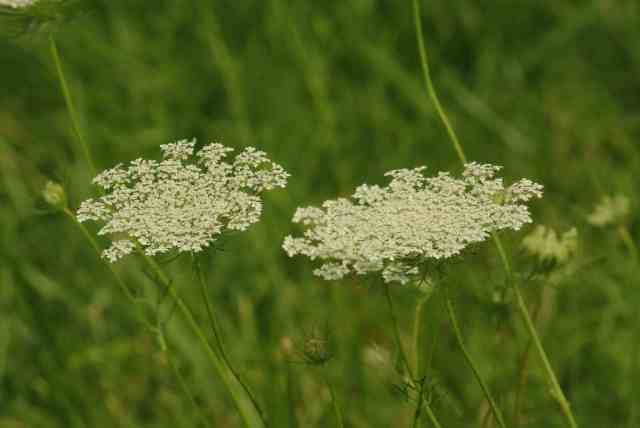Are we moving back to a more traditional garden landscape?
Anyone know what this wild flower is?
We’ve conducted five interviews this month, with many more in the pipeline. What’s been really interesting to see is that many homeowners genuinely want to grow many more of their own vegetables and herbs.
Given the effects of climate change on major food production areas like California this is probably a very opportune time to be doing this, although it is a good idea to plan and prepare correctly, otherwise results may turn out unpredictable.
The biggest surprise is that many already have quite large vegetable growing areas, some are actual kitchen gardens, others are interspersed within the existing garden landscape ( for those of you in the USA us Brits refer to a ‘yard’ as the rear garden landscape, and for the Brits reading this a ‘yard’ was an old imperial measurement that went out of fashion in the 1970’s).
So it seems many are experimenting with growing vegetables, herbs and fruits.
Across Europe there have since the time of the Great War been public areas that are often known as ‘Allotments’ – an allotment was a small area of public land that is usually enclosed, and managed by the local town, it has parcels of land often in strips that are rented to local residents specifically to grow vegetables, herbs and flowers. Today a more modern name might be ‘Community Gardens’ – although often community gardens involve a collective approach rather than the individual growing plot.
What’s also starting to emerge are ‘School Gardens’ this is particularly good to see as young children are now learning some of the secrets to growing and harvesting vegetables and fruits, as well as then learning how to preserve and cook them.
[polldaddy poll=8135173]
We will be interviewing a number of these ‘School Garden’ groups in the coming weeks, some have been around for many years, they have mastered the curriculum so that this wonderful resource becomes a true education learning cycle.
The term Organic growing often turns up in these areas. The science of GMO seed’s and increased pesticide use has many skeptical about long term health effects, and new studies and books are beginning to emerge with additional information about the effects on allergy sufferers, asthma , etc.
We are horticulturists not scientists so our observation will be focused on the growing aspects, although we do see that the Bee population has been decimated in recent years – without bees over 80% of our food production could be seriously impacted, what is causing this malaise is only just beginning to become apparent, although it appears that increased pesticides is not helping.
Our first interviews with vegetable growers will be with traditional ‘Organic Farmers’ so we can see how they grow and produce a crop, if there is enough interest we can explore the world of the more mechanical intensive growers, just let us know what you would like us to add to our shows .
Growing Trends can be heard daily at 1pm & 7pm Central Time at www.cravingtalkradio.com
Views: 4







